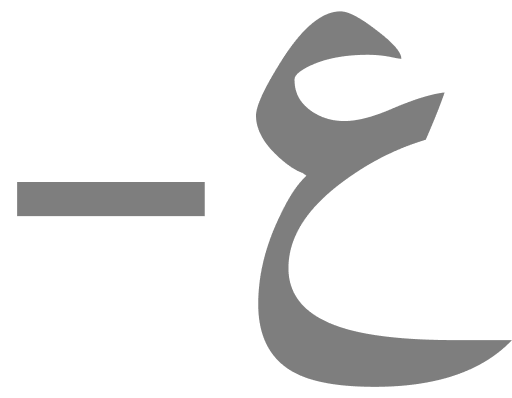Philosophy and the stakes of progress


In order to preserve its good year, Mohammed bin Zayed University for the Humanities last week organized its second philosophy conference, which this time was devoted to the problem of progress in its intellectual and societal dimensions. It is no secret that this problem is of great importance in modern philosophical consideration, since awareness of history became the founding moment of the current humanism.
The famous poet René Char used to say, “Our legacy is not preceded by a will.” He means that modern humanity is distinguished by the fact that it does not search for a fulcrum in the past, but rather builds its values and systems on the “temporality of the present,” which Michel Foucault considered the horizon of enlightenment.
Hence, the complex problems posed by the concept of progress on three levels were addressed by the distinguished group of researchers in philosophical affairs from Arabs and from other countries of the world who came to Abu Dhabi to participate in the Second Philosophy Conference.
The first problem relates to the impasse of transition and connection in a context characterized by a break with roots and origins, so that the question becomes a legitimate question about the ability of the unique self, transparent to itself and closed to its awareness, to establish a common world governed by universal standards of harmony and understanding.
This problem has been raised since Descartes, the “hero of modernity” as Hegel calls him, when he considered that the field of truth is limited to the ideas of the self or the natural universe (the Great Book of the World). Despite the Kantian solution of exploring the transcendental dimension of the self, the paradigm of subjectivity, which is the deep philosophical background to the idea of progress, faced difficult problems in the history of philosophy.
Hence the repeated attempts to depart from this horizon from the perspective of the priority of alterity, recognition, and difference, which led to other forms of consciousness that Paul Ricoeur called “servile consciousness” or “broken consciousness.”
As for the second problem, it appeared in the liberal system, which is the objective and institutional embodiment of the values of progress, in terms of the centrality of the idea of freedom in the modernist enlightenment system and the concepts associated with it of social contract, common will, absolute public deliberation, and civic participation…etc.
We do not need to be reminded of the theoretical and normative problems raised today by the liberal issue in Western philosophy, especially after the turning point in theories of justice launched by the famous thesis of the American philosopher John Rawls (Justice as Fairness). These theories revolved around the dilemma of inequality and differentiation in societies governed by the principles of freedom and equality of rights and opportunities.
This problem takes on new dimensions in current liberal societies that are witnessing the growth of cultural pluralism, the explosion of partial identities, and the separation of the circle of political action and decision from societal mobility, which explains the collapse of ancient political and ideological systems, the crisis of representative and partisan democracy, and the emergence of new types of political discourse and systems of government. Outside the liberal horizon (extreme right-wing and left-wing populism).
The question raised here is the one formulated by the French philosopher Regis Debray by noting that modern societies have built their sanctities on history, and as long as the sacred is what brings together and what leads to sacrifice, how can these societies adapt to the temporality of the horizontal present in which there is no room for anything other than information exchange technologies? And economic?
The third problem relates to scientific progress, which for modern Enlightenment philosophers constituted the model and guaranteeing pillar of social development.
Since the first generation of Frankfurt School philosophers who criticized the positivist postulates about the certainty of scientific laws and the objectivity of experimental verification and demonstrated the close relationship between the instrumental mind and the system of natural and social domination, no one is betting on the idea of scientific and technical progress as a tool for the liberation of humanity and its cognitive and moral completion. Indeed, many philosophers have argued that the scientific and technical system has moved from the goal of liberating man through his control over nature to producing the most dangerous tools for enslaving man, destroying his living world, and eliminating his centrality, which is the basis of humanism itself.
These are major problems that contemporary philosophers have addressed from different aspects and from different walks of life, but the indisputable truth is that the concept of progress is still the future horizon for exploring the gaps of our cultural and social reality in accordance with the trilogy of philosophy, religion and science, which Dr. Khalifa Al Dhaheri, Director of the Mohammed bin Zayed University of Science, considered In his distinguished opening speech, humanity is the regulating framework of our Arab philosophical thought. In other words, although the concept of progress philosophically raises deep and complex theoretical and societal problems, in our Arab reality it is still a horizon for building the future and overcoming the impasse of the present.
*Mauritanian academic
#Philosophy #stakes #progress
